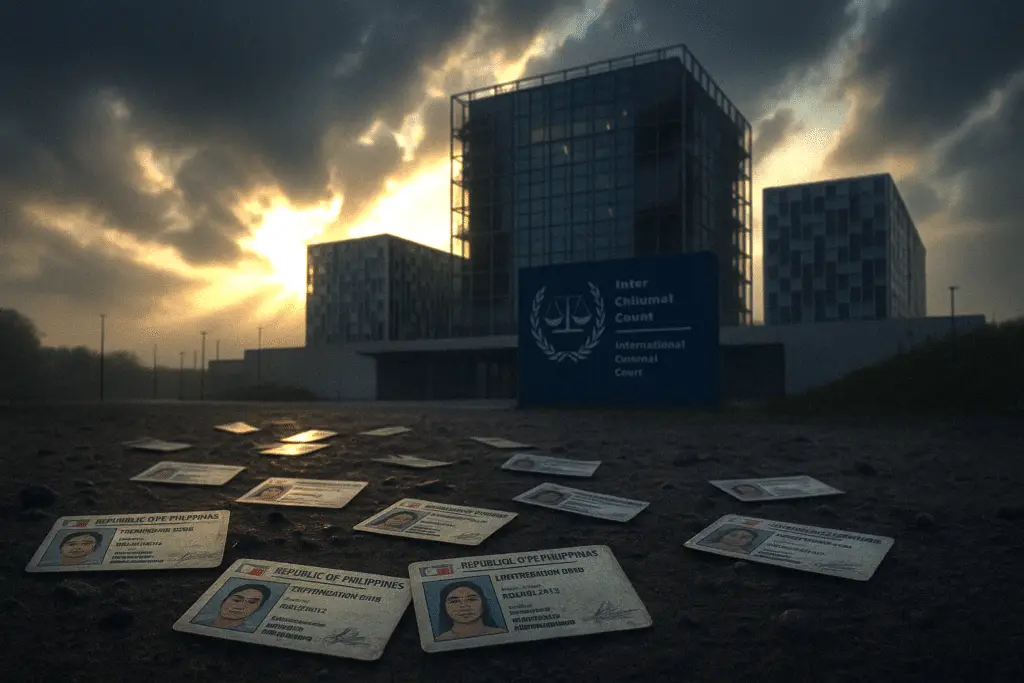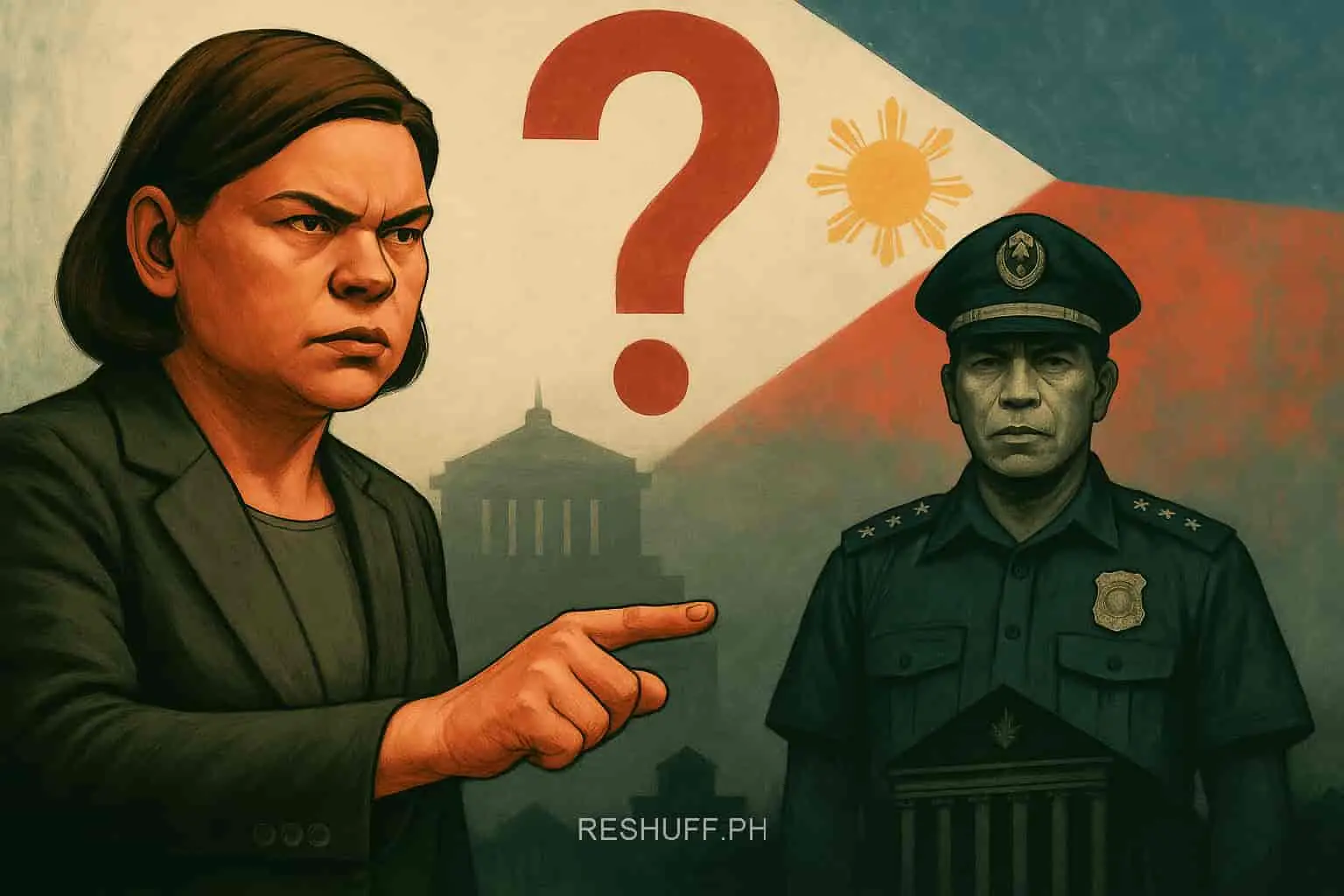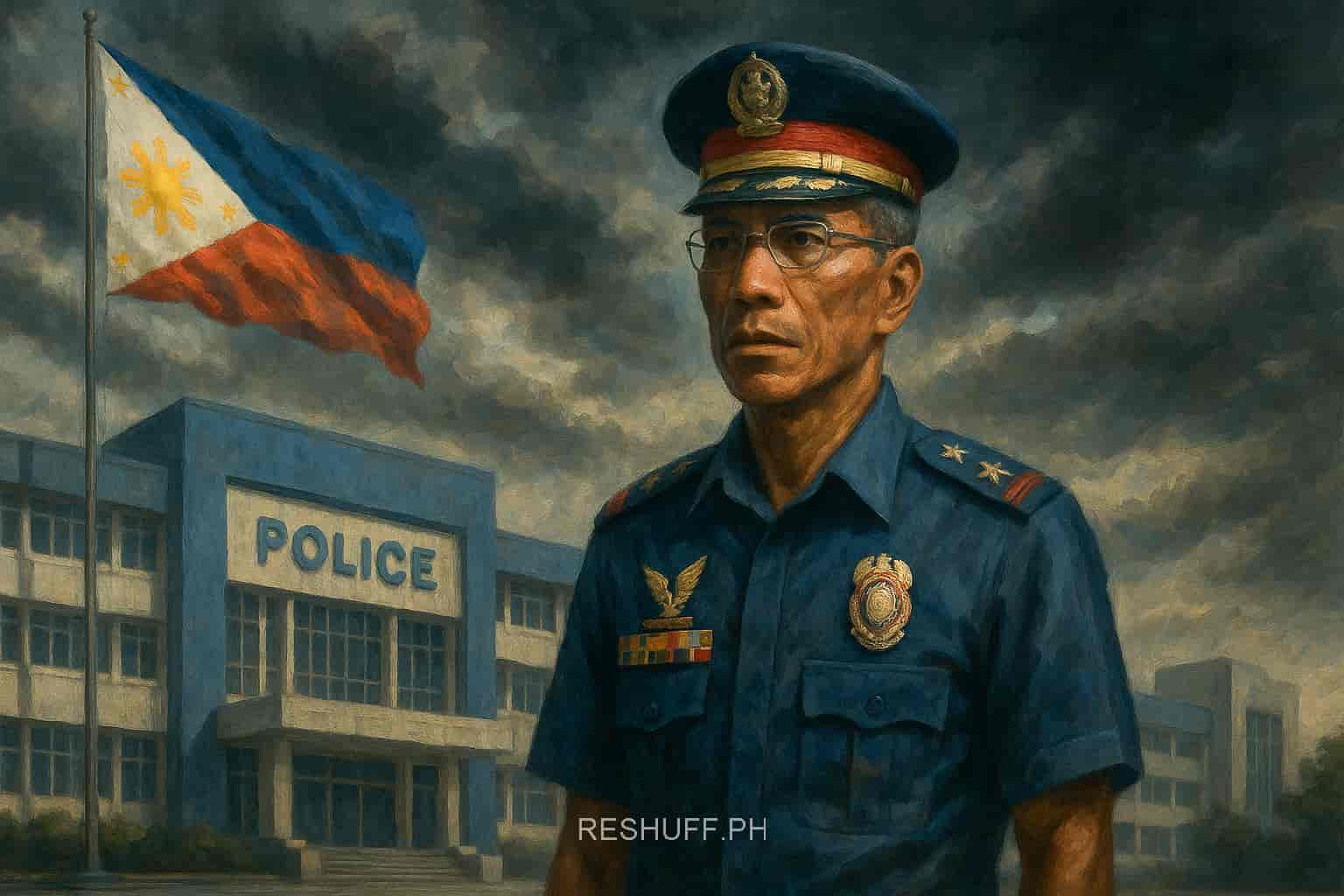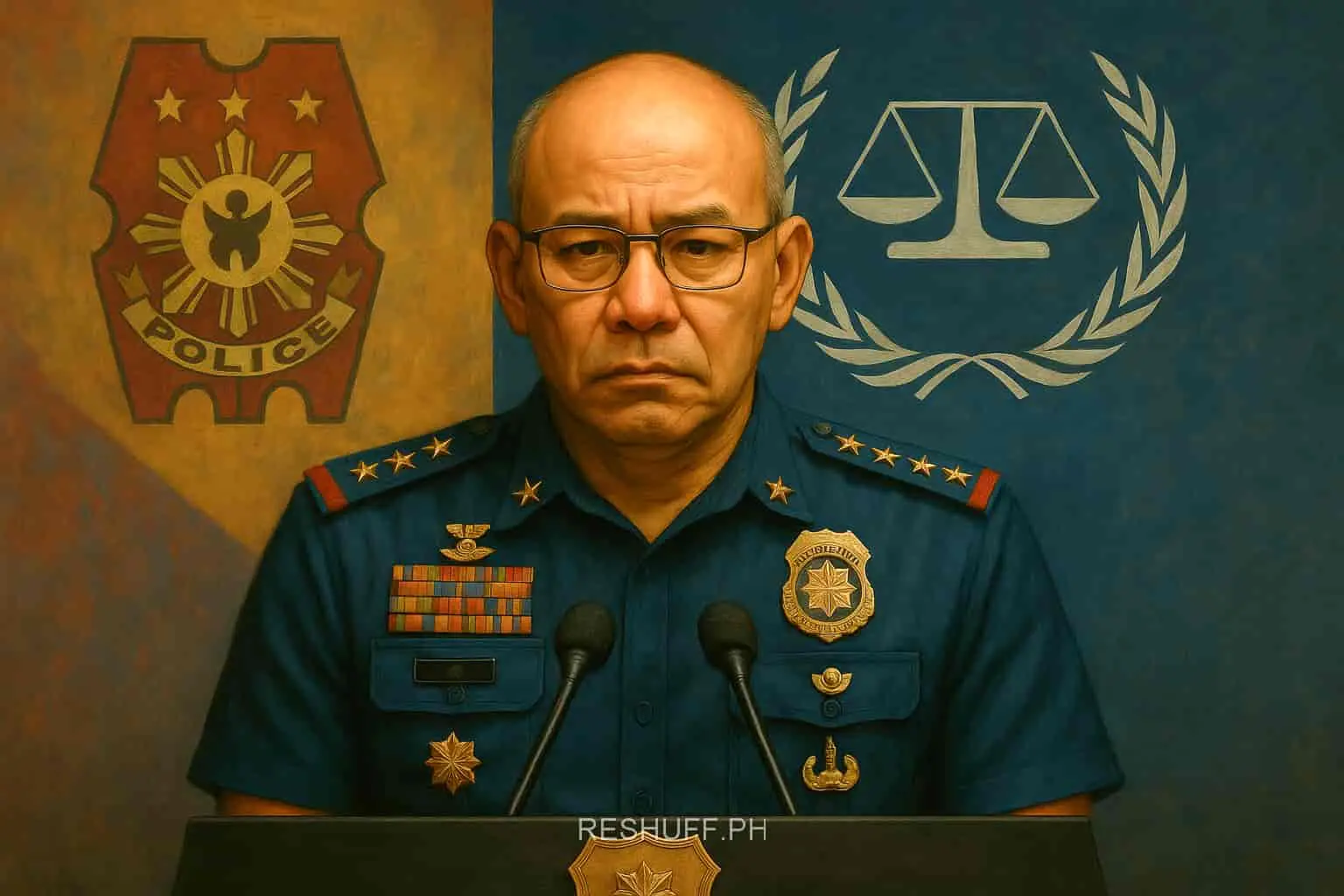In a pivotal move that could alter the course of justice for thousands of Filipino families, the International Criminal Court (ICC) has rejected former President Rodrigo Duterte’s defense team’s demands for restrictive identification requirements. The Pre-Trial Chamber I ruled on April 17 that relatives of drug war victims can now present over 25 different types of government IDs to participate in the proceedings against Duterte, who faces charges of crimes against humanity of murder.
A Barrier to Justice Removed
The clash over victim identification erupted when Duterte’s lawyers pushed to limit acceptable proof of identity to only passports and National IDs—documents many impoverished Filipino families don’t possess. The Registry, which provides administrative support to the Court, advocated for a more inclusive approach that acknowledges the realities of victims’ circumstances. In their 20-page order, ICC judges sided with this recommendation, stating that the Registry had “provided sufficient information regarding each document that it proposes to accept as proof of identity.”
“This information, together with the procedure for admission of victims to participate in the proceedings adopted above, already ensures the ‘reliability of the identity verification process and significantly reduces the risk of fraud’,” the Pre-Trial Chamber declared in their ruling. The decision signals a crucial turning point for families seeking acknowledgment of their losses in a drug war that, according to human rights organizations, claimed thousands of lives.
From SSS Cards to Baptismal Certificates: A Comprehensive List
The Court’s decision dramatically expands the range of acceptable identification. Beyond the previously contested passport and National ID, victims’ families may now present common documents like Social Security System cards, driver’s licenses, voter certifications, and even baptismal certificates. The comprehensive list includes over two dozen options, from Professional Regulatory Commission IDs to barangay certifications.
For the urban poor who made up many of the drug war’s victims, this means documents like Community Tax Certificates (Cedula) and Pantawid Pamilyang Pilipino Program (4Ps) ID cards will now open the door to participation. Senior citizen ID cards, persons with disabilities cards, and school IDs with photos have also made the approved list, marking a significant shift toward inclusivity in the judicial process.
Duterte's Defense Strategy Rebuffed
The former president’s legal team had argued forcefully for stricter identification standards. Their position was that limiting acceptable IDs would prevent “misidentification, double-counting, and the inclusion of false victims.” But the Chamber found this argument insufficient against the need to ensure victims’ access to justice.
This ruling represents the latest development in proceedings that rapidly accelerated following Duterte’s surprise arrest in Manila on March 11. Within 24 hours, the former president was transported via chartered flight to The Hague, Netherlands—a journey that marked the first time a former head of state from Southeast Asia has faced the international tribunal for alleged crimes committed during their administration.
What Happens Next
The clock is now ticking toward September 23, when the confirmation of charges hearing will determine whether the case proceeds to trial. Duterte has already faced the Pre-Trial Chamber once via teleconference on March 14, where he heard the formal charges against him and was informed of his rights under the Rome Statute.
But for thousands of Filipino families who lost loved ones during the bloody anti-drug campaign, this procedural victory on identification means something more immediate—a chance to be heard, to participate, and to seek acknowledgment of their suffering from the international community.
Implications for International Justice
This decision extends beyond procedural details to the heart of what international justice means for victims from developing nations. By recognizing the diverse forms of identification used in the Philippines, the ICC has demonstrated flexibility that could set precedents for victim participation in other cases worldwide.
The ruling also delivers a powerful message: that justice shouldn’t be reserved only for those with the most formal documentation. For families who lost breadwinners, children, and loved ones in drug operations, the path to having their day in court just became a little clearer, a little wider, and significantly more accessible.





3 Responses